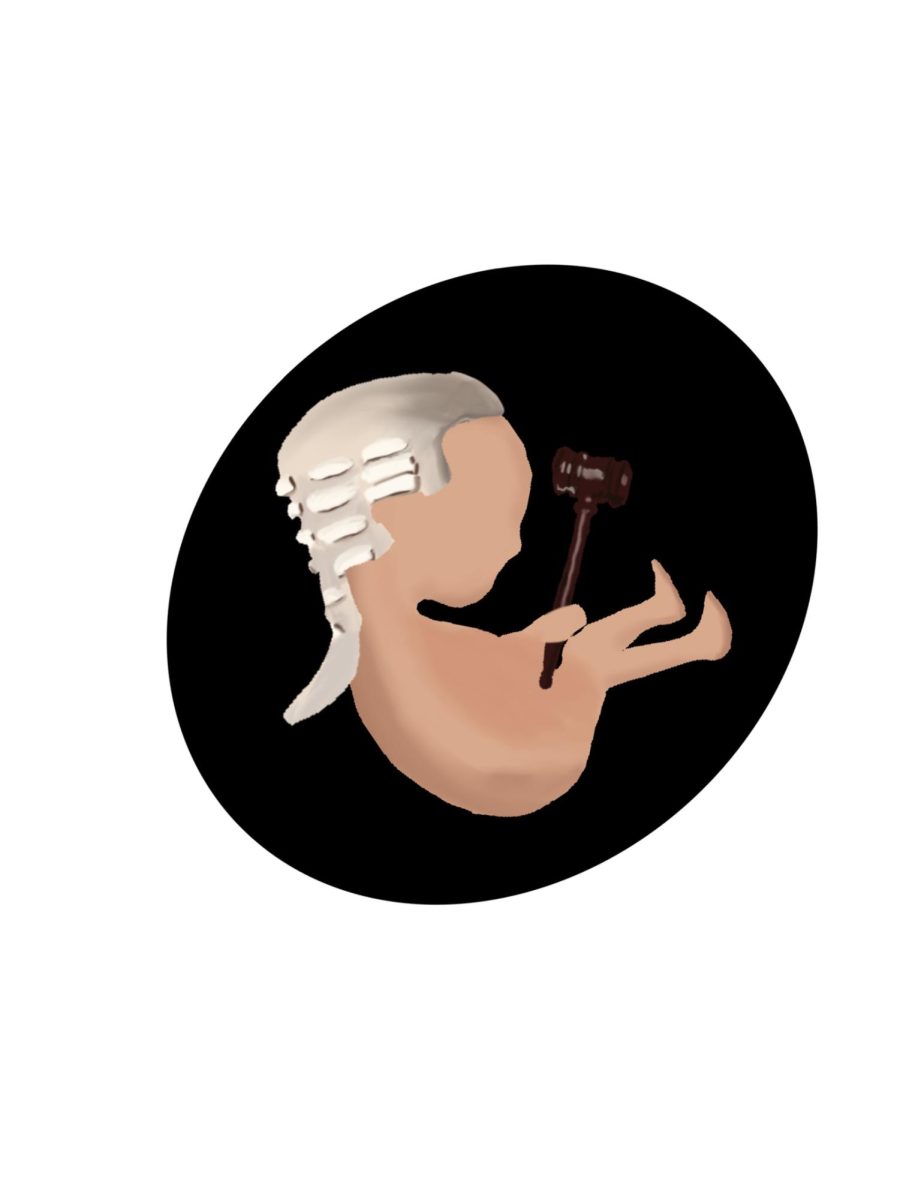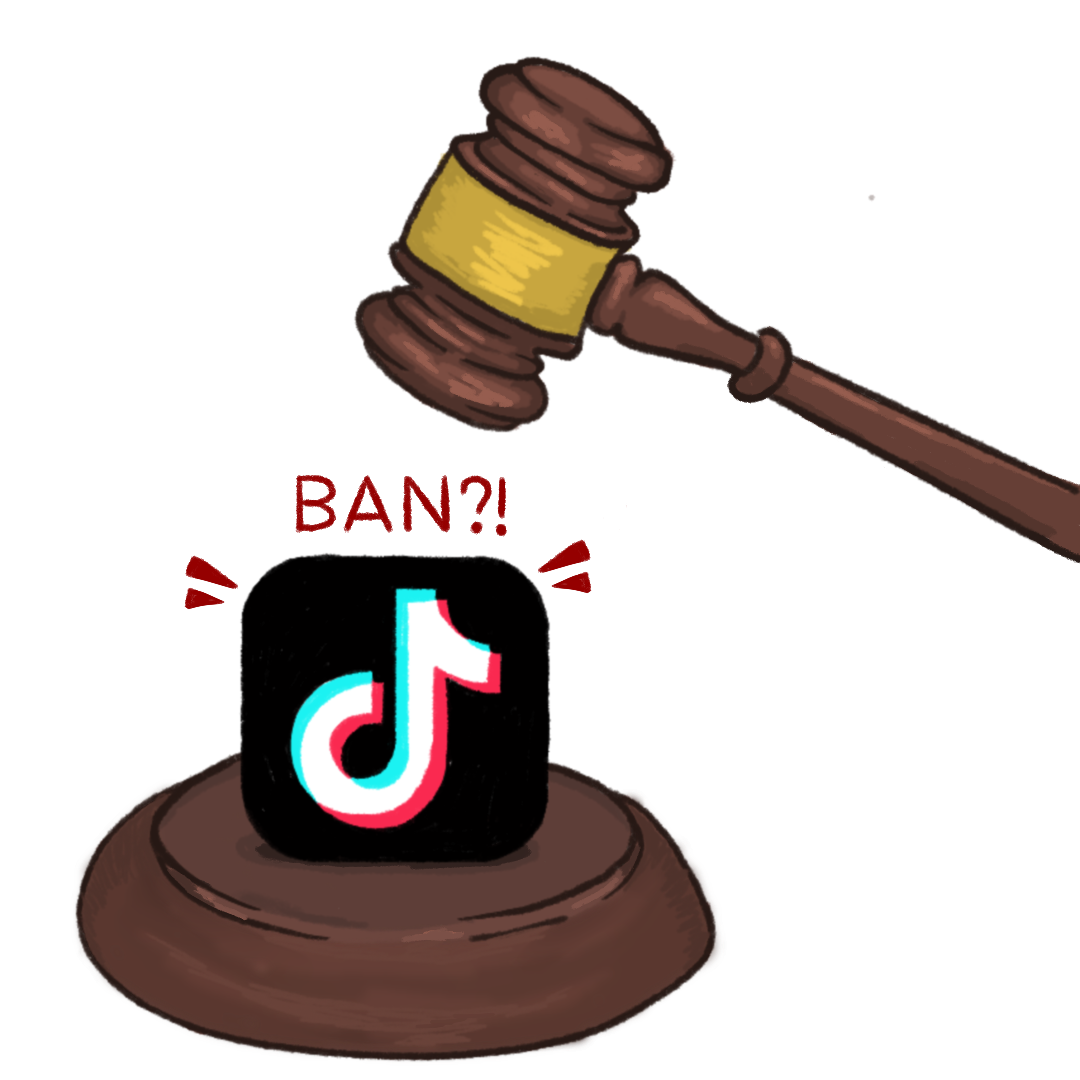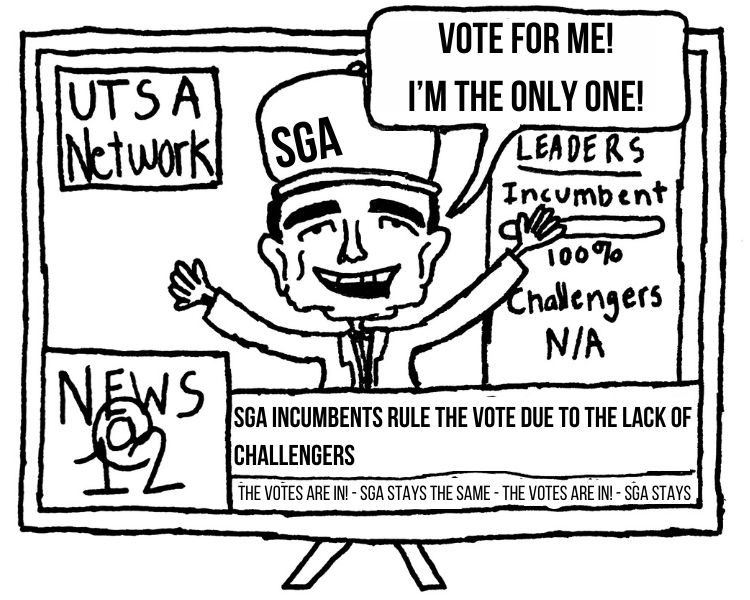The album rollout is dead. Months of anticipation over an artist’s upcoming work, the overwhelming amount of singles that trickle out little by little week after week and the endless amount of pop culture critiques is overwhelming.
Over the past year, we’ve seen high profile artists struggle to maintain their grasp on the cutting edge and remain dominating cultural forces.
Pop-stars like Nicki Minaj have seen decreases in album sales following the traditional album rollout of press tours, singles, and interviews. Minaj’s newest album “The Pinkprint” sold 244,000 albums in its first week, with 628,000 sold by February 2015. By comparison, “Pink Friday: Roman Reloaded,” Minaj’s previous album, sold 253,000 in its first week, with over a million sold and certified platinum in the same two-month span of time as “Pinkprint”.
Even Katy Perry — the 2015 halftime show diva herself — has felt a similar decline between her last two albums. 2013’s “Prism,”while outselling Perry’s previous album “Teenage Dream” in it’s first week 286,000 to 192,000, has had a harder time selling the performer now than when she was rising in 2010, with “Prism”taking seven weeks longer to reach 1.5 million sold than “Teenage Dream”.
Artists have even had struggles just releasing their albums. Lil Wayne, a 5-time platinum artist, is suing his label Cash Money for $51 million for refusing to release his eleventh studio album “Tha Carter V”. A singles rollout has been existent, but even those have faltered compared to mega-hit singles like “A Milli” and “6 Foot 7 Foot”.
Countering these recent decreases in album sales, triple-A musicians have started releasing their albums from seemingly nowhere, some released as measures taken against leaking these albums online and others to put advanced buzz to rest and put both critics and the listener on an equal playing field. It’s raised the stakes in the music industry by adding something that has been tangibly absent for years: surprise.
The movement truly became visible when R&B artist Beyoncé Knowles released her eponymous fifth studio album, “Beyoncé,”unexpectedly in 2013 on iTunes with no promotion or prior announcement to its existence, taking the world by storm with it’s novel idea of songs and visuals combined to make the album a completely new experience for the listener.
Three days after it’s release, Apple announced that “Beyoncé”was the fastest selling album in the history of the iTunes store in the US and worldwide, selling over 828,000 digital copies in it’s first three days on the market, and since February 2015 has sold over 2.2 million copies combining digital and physical releases in the US, a huge increase over “4,” her previous album, and it’s 1.4 million copies sold to date.
All of 2014 became the music industry’s turn to catch up. Established artists like Kid Cudi and J. Cole both released albums in 2014 with little warning nor promotion and no lead singles, with Cole eclipsing his previous album’s first week sales by over 74,000 units in it’s first week. Even legends like Björk and D’Angelo came out of hiatus to release their own surprise albums in the last two months. Björk’s newest surprise digital-only album “Vulnicura” has already sold over 8,000 more copies than “Biophilia,” her traditionally released album from 2011.
Album rollouts are still necessary to reach the largest audience possible. According to a recent Nielsen report done in December 2014, 90 percent of Americans still listen to radio each week, hence the steady singles release to familiarize the average American with what they want to hear ad nauseam. Artists like Taylor Swift and Justin Bieber don’t need to surprise release their albums, since their fan base is so large and established it’s unnecessary.
But imagine a world of surprise releases, where buying an album was a mystery of what you would find when you hit play, to not know what you would find as you put on your earbuds, where music is new again. This is the album now.

















